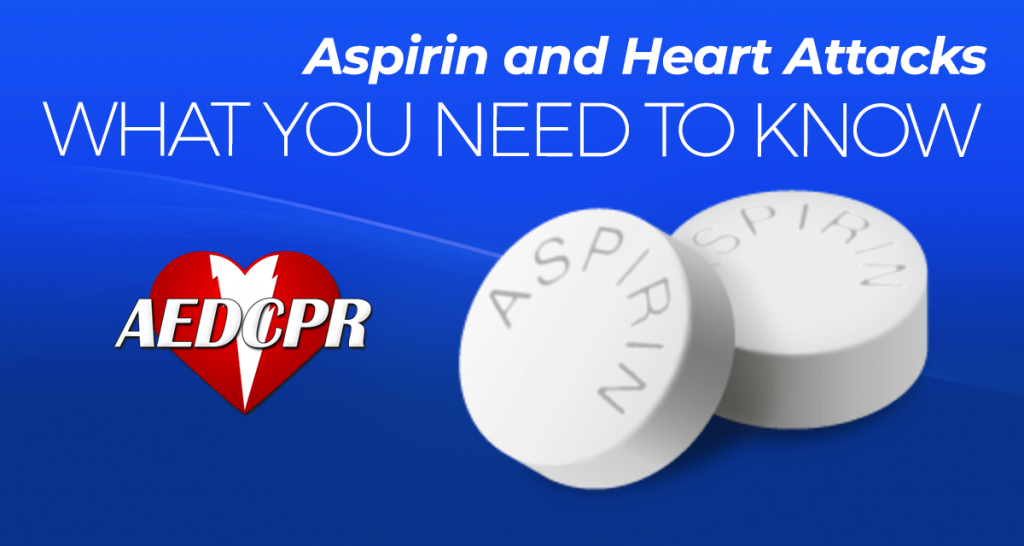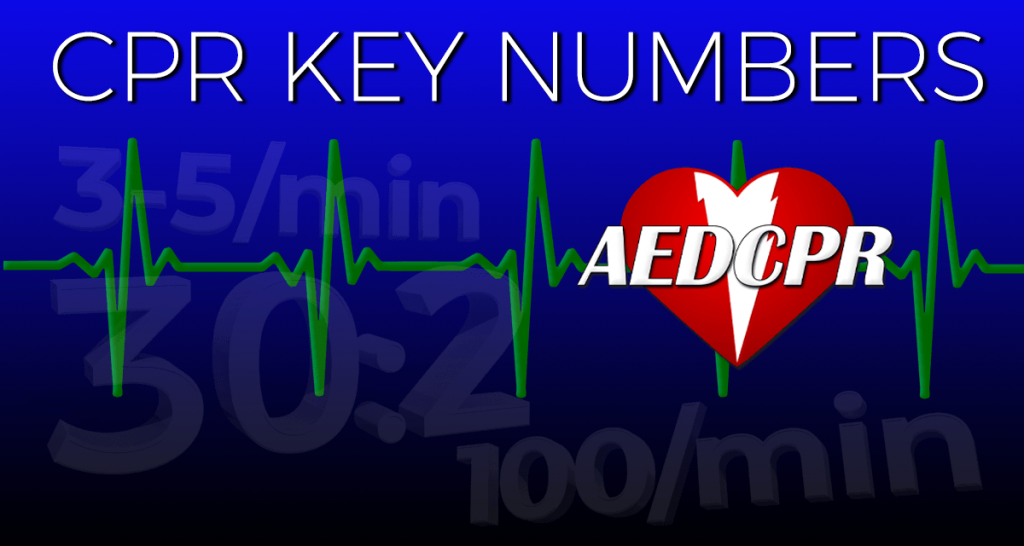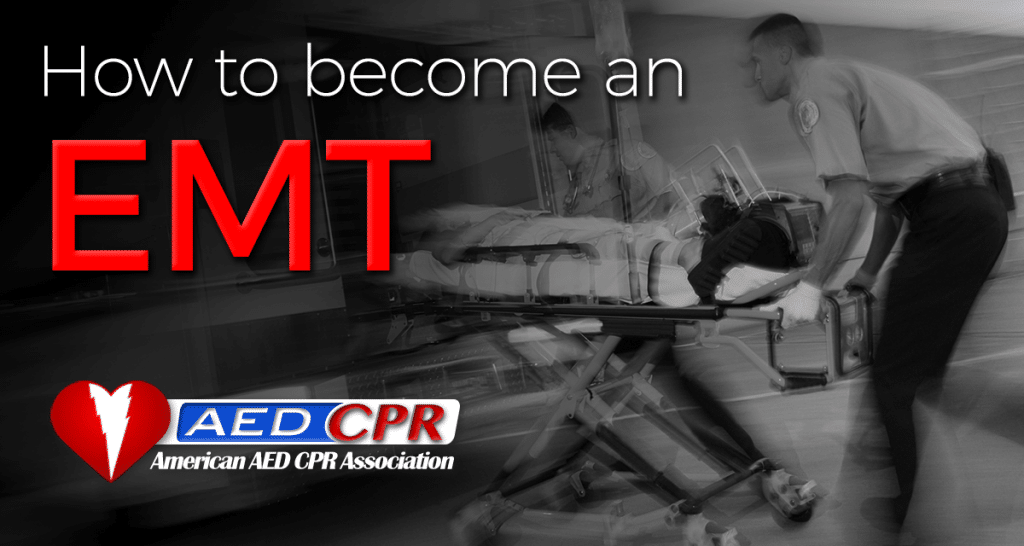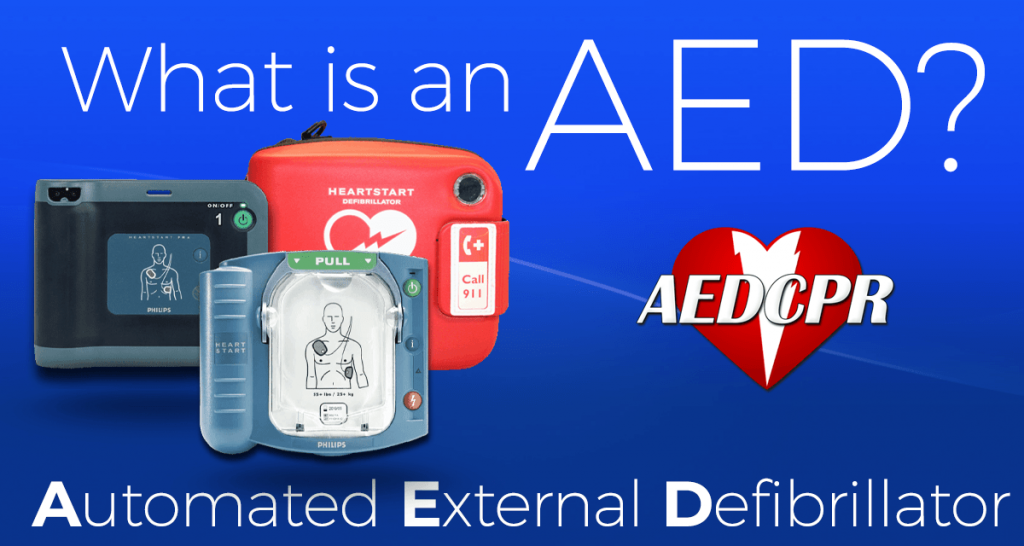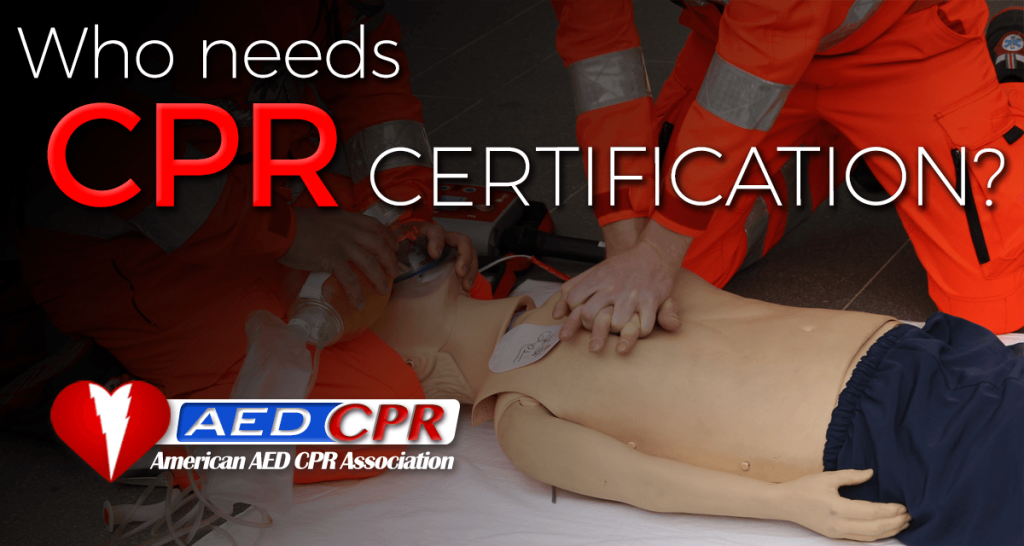
Being able to perform CPR in the event of an emergency is an invaluable skill. Just about everyone can benefit from learning it, but for some of us, having proper CPR training is essential. Having CPR certification is a boon, both personal and professional. There are a number of jobs and careers that require it, even … read more

